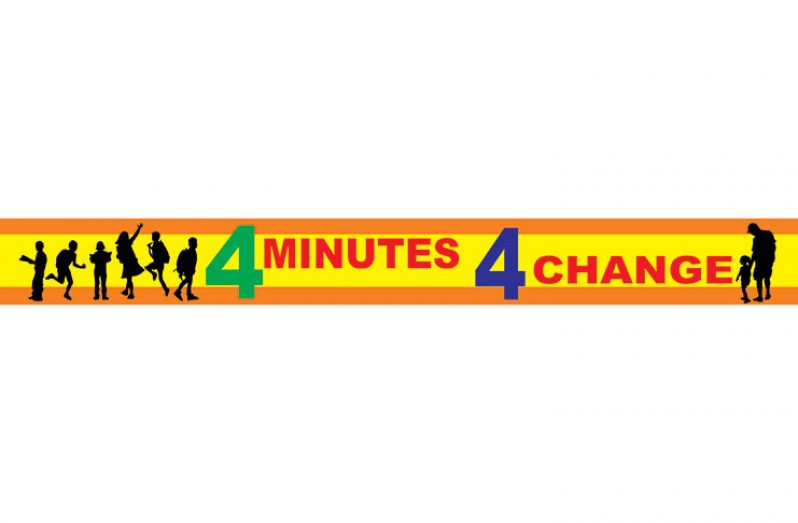INSTITUTIONAL care, also known as formal care, is the last place in which any child should have to live or grow up, but right now in Guyana, hundreds of children are doing just that. Life in formal care can be tough, but children just get on with it because they have no choice. In formal care, they are moved around in groups, they eat as a group, sleep as a group, go out and come in as a group, sit and watch TV as a group, as there is little one-to-one contact with adults. For some children this is definitely a step up from the lives they lived before, but for all children in formal care, having the consistent attention of a caring adult, on a one-to- one basis, would be greatly appreciated.
Children in care are there because at some point in their lives, adults failed to protect them and/or they have been ‘at risk’ in some way. None of the children have done anything wrong. There are children in care whose parents suffer from substance or alcohol abuse and/or mental illness; this often leads to child neglect. By failing to send their children to school and depriving them of proper food, clothing and adequate shelter, these parents are breaking the law. There are also children who have been physically abused by parents (or a parent/caregiver) to such a degree that they had to be removed for their own safety. In cases such as these, officers at the Childcare and Protection Agency (CPA) encourage families to work along with them so they can learn better parenting skills and provide a secure environments for their children. This is done in the hope that the children will be reunited with their families, once a transformation and an understanding of parental responsibility towards the child has taken place.
But some parents just don’t want to know. They view state intervention as an intrusion into their lifestyle, even though there is a child-protection law that they may be breaching, or a possibility they could be prosecuted, it makes no difference. They are too set in their ways to want to change, so while their children are in care they do nothing to improve their situation. Although they have the right to see their children and take them clothes, gifts, and other necessities, very few make use of the opportunity. Many parents end up losing contact with their children through their own choice. Consequently, their children grow up in formal care.
All children in formal care need adults to care for them, regardless of the reasons they are there. Caring adults are the main component in raising healthy, happy, well-rounded children. Do you have time on your hands to volunteer to help children in formal care? Can you read to them or with them? Or teach them a skill such playing football, dancing, sewing, writing, singing, or even just how to be confident? Maybe you can become a foster parent or a child mentor. There are also children in care who could be adopted.
There are hundreds of children in formal care, but hundreds of thousands of families across Guyana that means that some folk somewhere should be able to reach out and give a helping hand to some of these children.
If you have the inclination to do what you can to help the nation’s children, please call the Childcare and Protection Agency (227 4420) and speak to an officer about getting involved. There is a child in formal care right now who could benefit from your call.
If you are concerned about the welfare of a child ring the CPA hotline on 227 0979 or write to childcaregy@gmail.com
A MESSAGE FROM THE MINISTRY OF SOCIAL PROTECTION, CHILDCARE AND PROTECTION AGENCY



.jpg)








